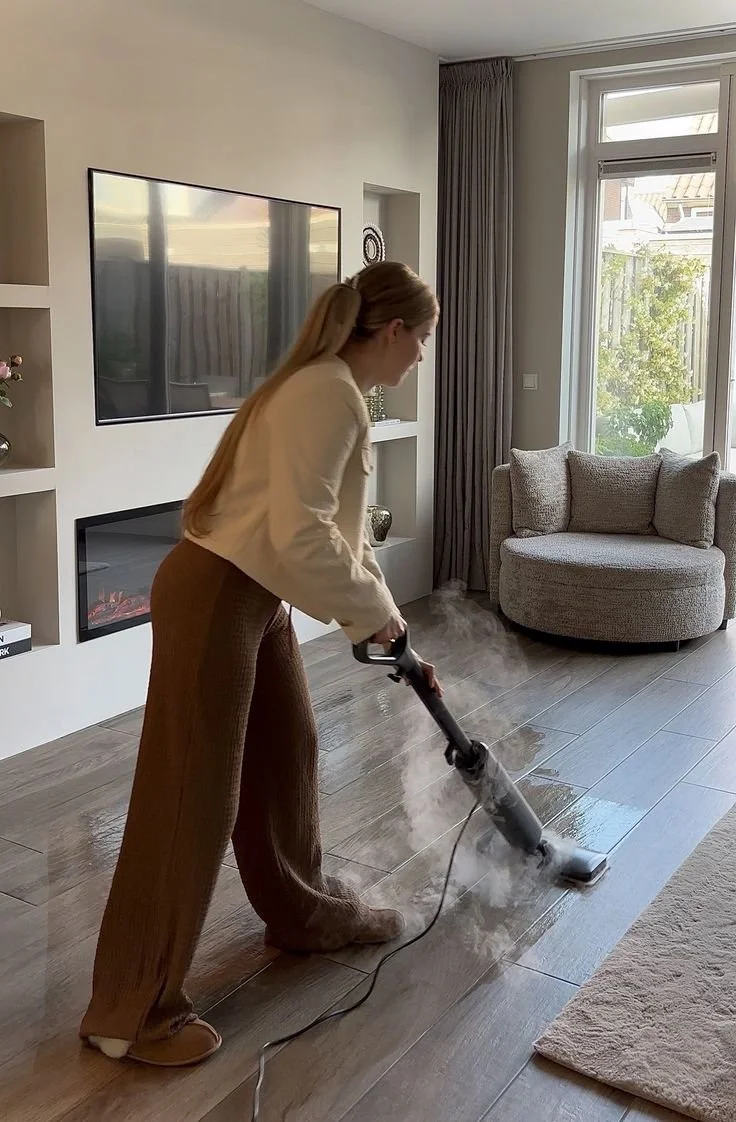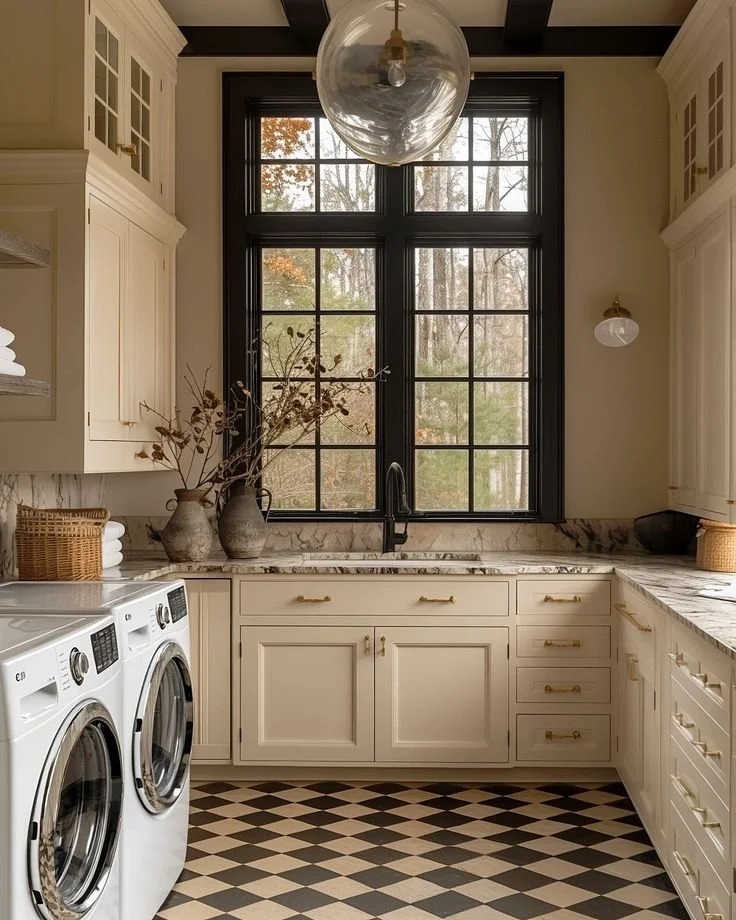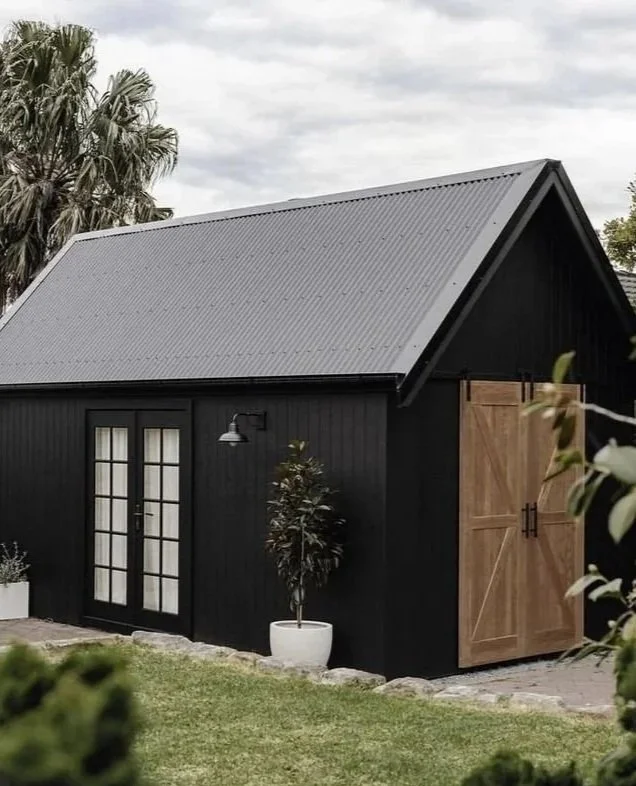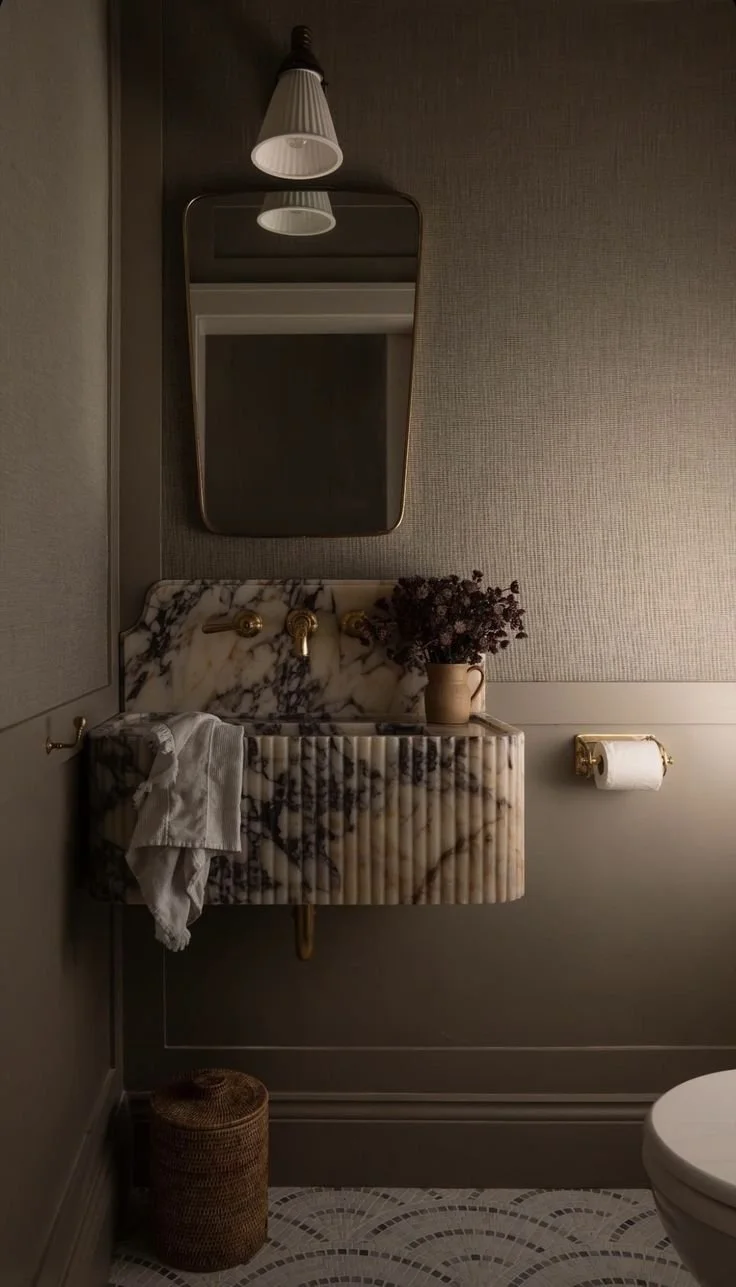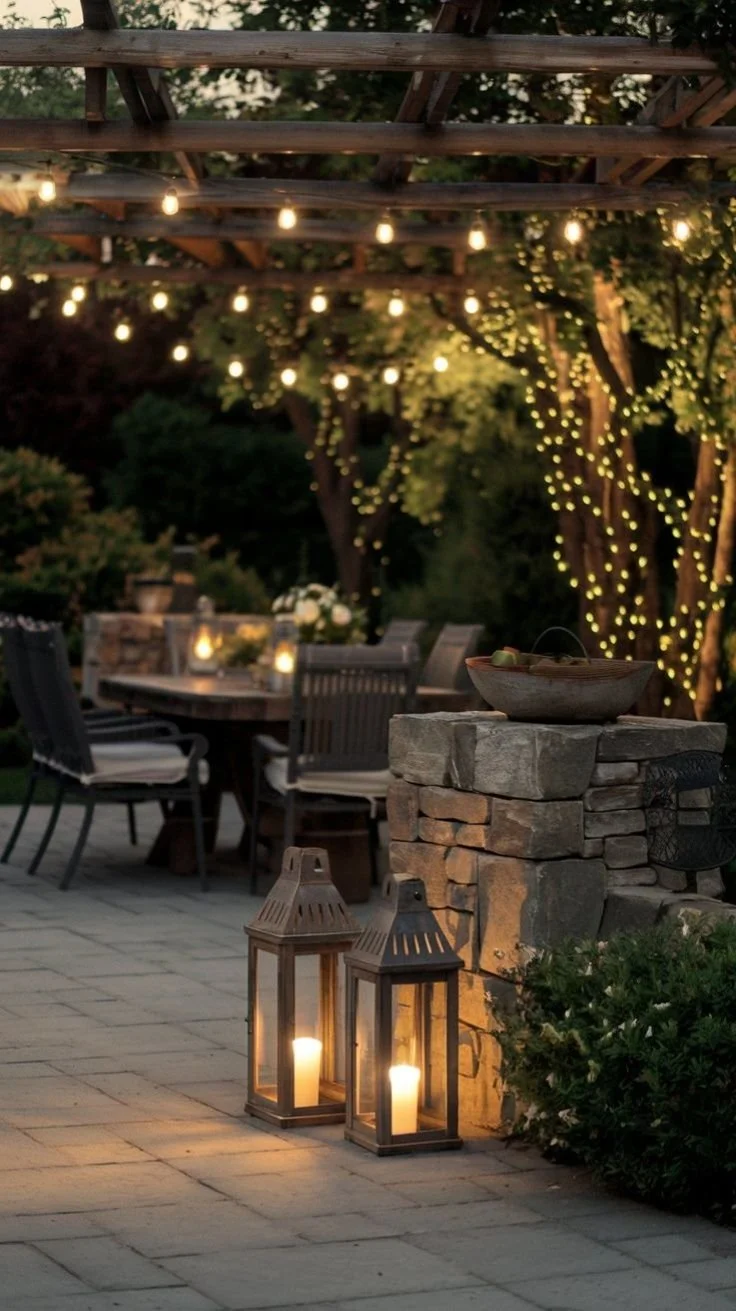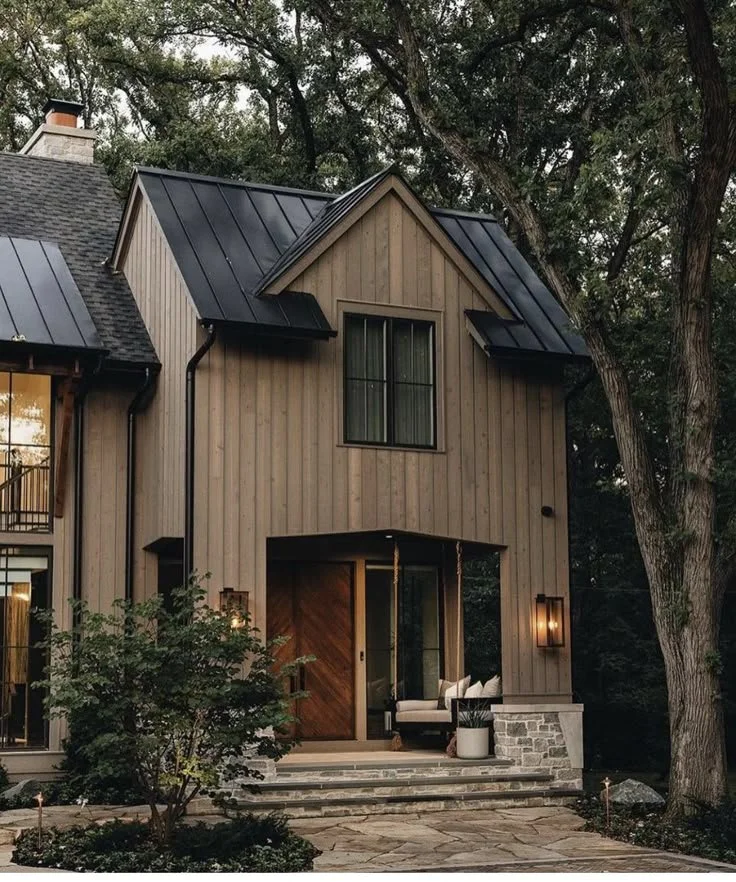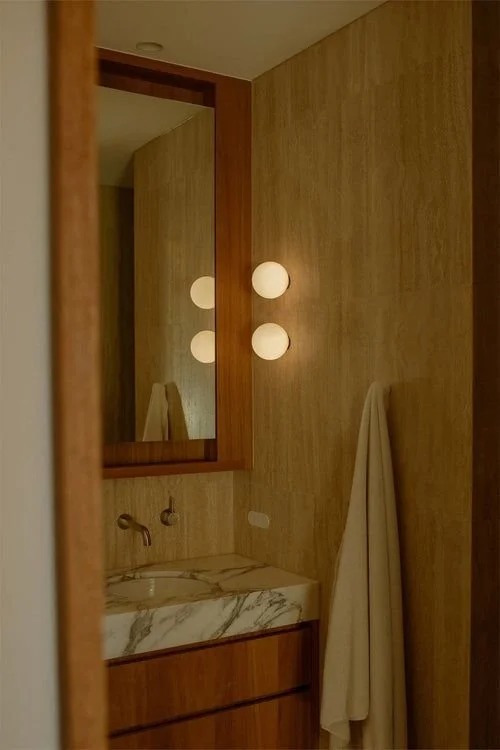Home Care Tips From Pro Plumbers You Need To Know
Are you struggling with plumbing Issues at home? Plumbing problems like leaks, clogs, and pipe damage can quickly disrupt your daily routine. But with a few smart habits and preventative measures, you can avoid costly repairs and keep your system running efficiently.
In this guide, we offer practical solutions to common plumbing challenges—so you can protect your home and your wallet.
For more in-depth advice, check out Fergusons Plumbing X, where professionals share trusted tips to help homeowners stay ahead of plumbing issues.
No. 1
Check for Leaks Regularly
Keeping an eye on leaks is a game-changer for your home. Small drips can turn into big problems, so stay proactive and inspect often.
Why Leaks Matter
Even tiny leaks waste water and spike your bills. Catching them early prevents costly repairs and protects your home from damage.
Where to Look
Under sinks
Around toilets
Near appliances
Outdoor faucets
Listen for Clues
Strange hissing or dripping sounds? That’s a red flag. Pay attention to unusual noises, especially when the house is quiet at night.
How to Test
Try a simple meter test. Turn off all water, note the reading, wait an hour, and check again. A change means trouble.
No. 2
Keep Your Drains Clear
Drains can clog up faster than you’d think. Stay ahead by adopting simple habits to keep water flowing smoothly in your home.
Install Drain Screens: Pop a screen over your sink and shower drains. They catch hair and debris before they cause a backup.
Avoid Grease Buildup: Never pour grease down the drain. It hardens and sticks, creating stubborn clogs over time.
Flush with Hot Water: Once a week, run hot water down your drains. It helps dissolve minor buildup before it becomes a problem.
Use Natural Cleaners: Mix baking soda and vinegar for a safe, effective way to clear minor gunk without harsh chemicals.
These small steps can save you from a messy, expensive drain disaster. Keep at it, and your pipes will thank you.
No. 3
Be Careful What You Flush
Flushing the wrong stuff can wreak havoc on your plumbing. Be mindful, as your home connects to the city’s wastewater system.
Stick to Basics: Only flush pee, poo, and toilet paper. Anything else risks clogging your pipes or the treatment plant.
No Wipes Allowed: Even “flushable” wipes don’t break down. Toss them in the trash to avoid costly blockages.
Grease is Trouble: Don’t pour fats or oils down drains. Freeze them in a can and discard properly instead.
Hazardous Items Out: Keep chemicals, medications, and paint away from drains. Drop them at hazardous waste facilities for safety.
Following these rules keeps your sewer costs down and protects local water sources. A little care goes a long way—and if you suspect a blockage or buildup, consider scheduling a Sewer camera inspection in Toronto to catch issues early.
Houzz
Looking for professional plumbing repair? Discover top-rated experts on Houzz today!
No. 4
Clean Your Water Heater
Your water heater works hard, so give it some attention. Regular cleaning prevents sediment buildup and extends its life significantly.
Why Cleaning Helps
Sediment in the tank reduces efficiency, making your heater work harder. Cleaning it out saves energy and prevents unexpected breakdowns.
Flush It Out
Turn off the power, connect a hose to the drain valve, and flush the tank. Watch murky water clear up gradually.
Check the Anode Rod
Inspect the anode rod yearly. If it’s corroded, replace it to protect the tank from rust and extend its lifespan.
Frequency Matters
Aim to flush your heater once a year. Homes with hard water might need it more often to avoid heavy buildup.
No. 5
Insulate Your Pipes Properly
Insulating pipes might not sound exciting, but it’s a smart move. It saves energy and protects against freezing in cold weather.
Why Insulate Now
Proper insulation keeps hot water hotter, cutting energy costs. It also prevents pipes from bursting when temperatures drop suddenly.
Choose the Right Material
Use foam or fiberglass sleeves for easy installation. Make sure they fit snugly around pipes for maximum heat retention.
Focus on Vulnerable Spots
Target pipes in unheated areas like basements or attics. Outdoor pipes need extra layers to withstand harsh winter conditions.
Seal the Gaps
Check for gaps in insulation and seal them with tape. Even small openings can let cold air sneak in and cause issues.
No. 6
Install Leak Detectors Now
Leak detectors are a small investment for big peace of mind. They alert you to issues before they spiral out of control.
Why You Need One
These gadgets spot leaks early, saving water and preventing damage. Some even shut off water automatically during a major leak.
Where to Place Them
Put detectors near water heaters, under sinks, and by washing machines. These hotspots are prone to unexpected leaks and spills.
Smart Options Exist
Consider smart detectors that send alerts to your phone. Check out brands like Moen for reliable choices.
Regular Testing
Test your detectors monthly to ensure they’re working. A quick check can confirm they’re ready to catch any sneaky drips.
No. 7
Prevent Frozen Pipes Early
Winter can be brutal on your pipes if you’re not prepared. Take steps now to avoid the headache of frozen lines.
Insulate Exposed Pipes: Wrap pipes in unheated areas with foam or heat tape. It’s a cheap fix for big protection.
Keep Heat On: Maintain a consistent indoor temperature, even when away. A small heater in basements can work wonders.
Let Faucets Drip: On freezing nights, allow a slow drip from faucets. Moving water is less likely to freeze solid.
Shut Off Outdoor Water: Disconnect hoses and shut off outdoor valves. Drain lines to prevent ice buildup outside.
These tips can save you from burst pipes and costly repairs. Stay ahead of the cold with a little prep.
No. 8
Fix Leaky Faucets Fast
A dripping faucet is more than annoying—it wastes water. Tackle it quickly with basic tools and a little know-how.
Shut Off Water First
Always turn off the water supply under the sink before starting. This prevents messes and keeps the job stress-free.
Disassemble with Care
Remove the handle using a screwdriver or wrench. Keep parts organized so you don’t lose anything during the fix.
Replace Worn Parts
Check washers or cartridges for wear. Swap them out with replacements from a hardware store to stop the drip.
Test After Reassembly
Once reassembled, turn the water back on slowly. Run the faucet to ensure the leak is gone for good.
No. 9
Avoid Chemical Drain Cleaners
Chemical drain cleaners might seem like a quick fix, but they’re trouble. They can harm your pipes and health over time.
Health Risks Abound: These cleaners release toxic fumes that irritate lungs and skin. Avoid breathing them in at all costs.
Pipe Corrosion Happens: Harsh chemicals eat away at pipes, leading to leaks. Professional cleaning is a safer long-term solution.
Environment Takes a Hit: Leftover chemicals can contaminate water sources. Opt for eco-friendly alternatives to protect your surroundings.
They’re Often Ineffective: Many don’t fully clear clogs, leaving residue. A plumber’s tools work better for stubborn blockages.
Skip the chemicals and try natural methods or call a pro.
No. 10
Maintain Water Pressure Levels
Water pressure issues can frustrate anyone, whether too low or too high. Keep it balanced to protect your plumbing system.
Why Pressure Matters
Low pressure ruins showers, while high pressure damages pipes. Finding the sweet spot keeps everything running smoothly at home.
Check Your Levels
Use a pressure gauge at an outdoor spigot to test. Ideal residential pressure sits between 40 and 60 PSI.
Adjust if Needed
If the pressure is off, tweak the regulator near your main water line. Small adjustments can make a huge difference in flow.
Watch for Warning Signs
Notice banging pipes or weak streams? Those signal pressure problems. Don’t ignore them—address the issue before damage occurs.
Takeaways
Take charge of your home’s plumbing with these expert tips. For more insights and trusted advice, visit Ferguson’s Plumbing Reviews. Stay proactive, prevent issues, and keep your system running smoothly. Your home deserves the best care, so start implementing these strategies today.
Looking for Home resources?
Looking to enhance your living space and create a sanctuary that supports your well-being? Explore our home partners who offer a wide range of resources to elevate your home environment.


